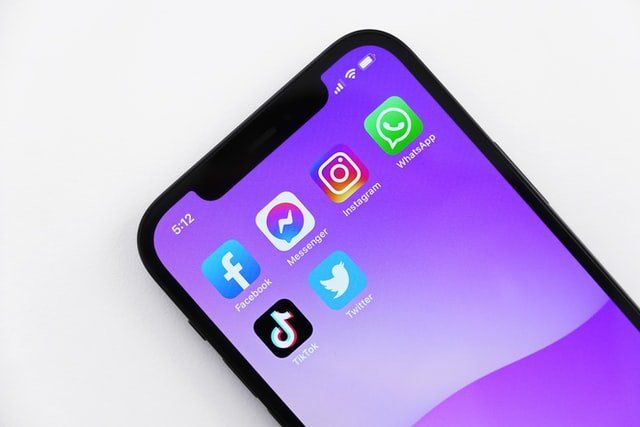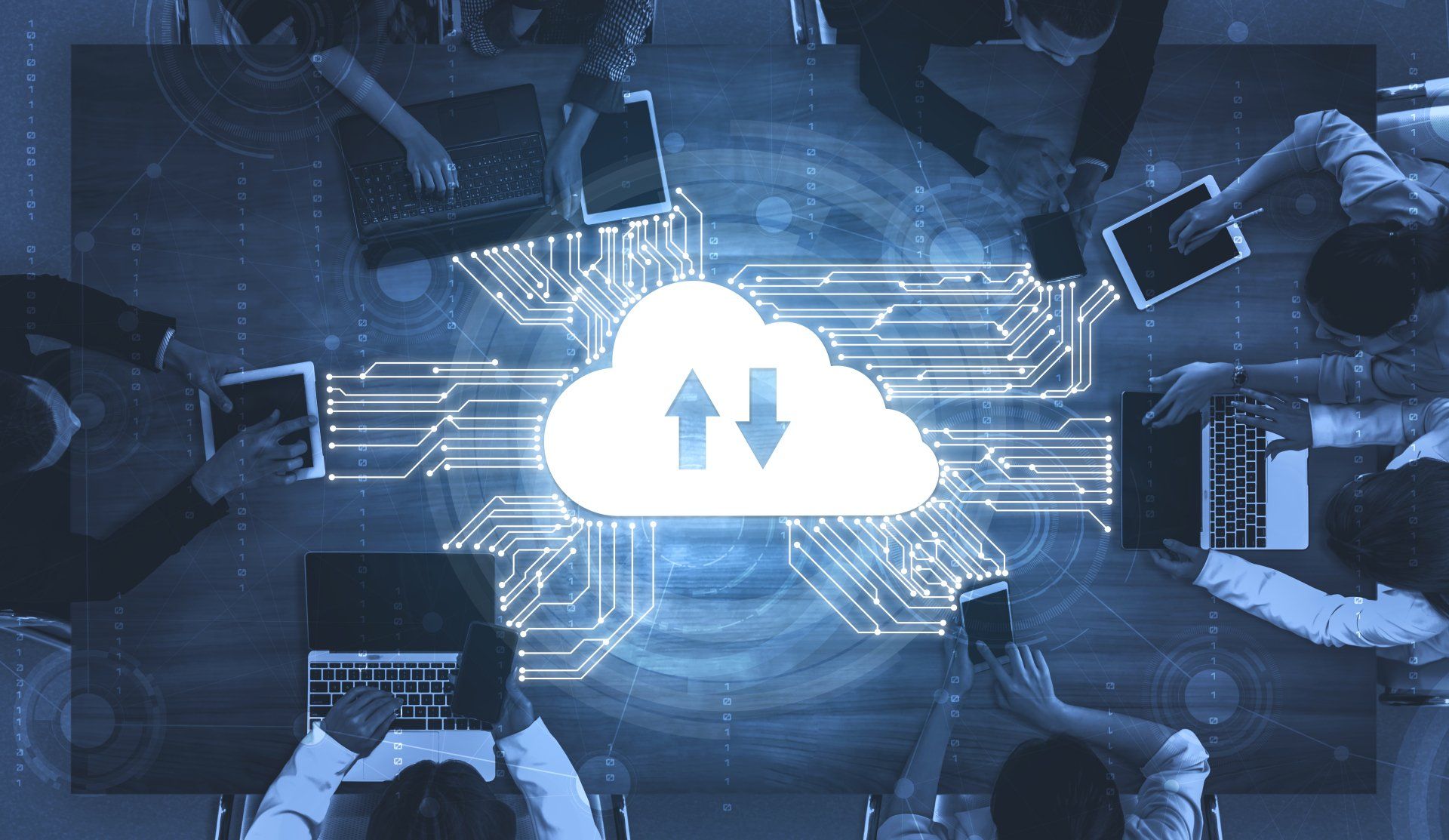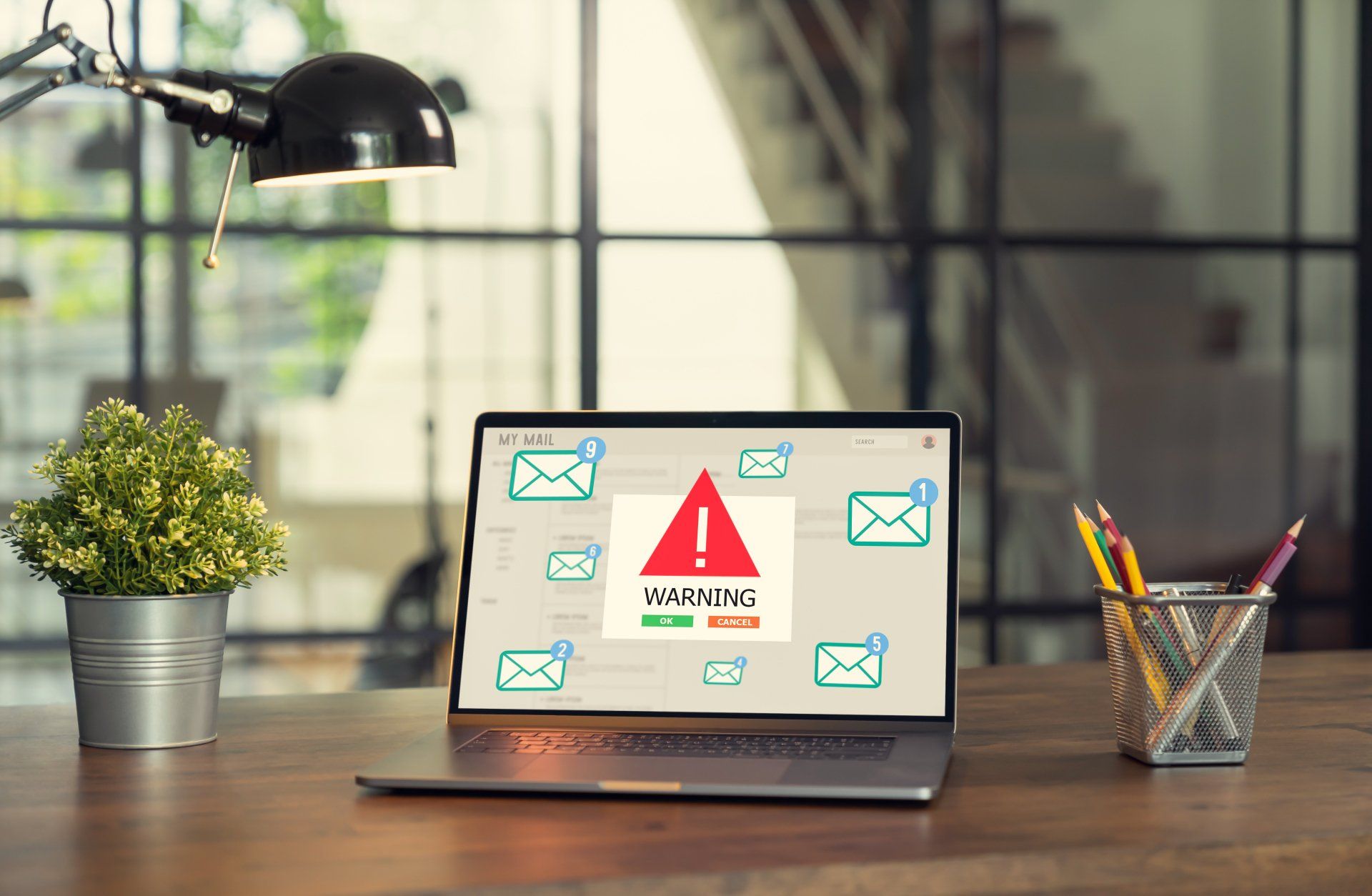How to Keep Your Data Off The Dark Web
Since 2020, the healthcare industry has had its hands full with the coronavirus pandemic. The global lockdown that took place cancelled events and closed establishments. Unfortunately, cybercriminals are not taking a day off during these trying times. They're taking advantage of the chaos while their prey is overwhelmed and focused on this major crisis.
Take a look at these
statistics:
- 9.7 million healthcare records were exposed in a data breach in September 2020 alone.
- Since the COVID-19 outbreak, there has been a whopping 300% increase in cybercrimes.
- 43% of cyberattacks target small businesses like yours.
Healthcare information is considered way more valuable than most stolen data.
A single patient record is worth around $250 on the dark web, making it one of the most favorite targets of cybercriminals—a terrifying thought, especially for small clinics on a tight budget with little to no protection against advanced threats.
What is the Dark Web?
The dark web is the section of the internet that is not immediately accessible to regular netizens. It contains websites that common browsers like Chrome and Firefox cannot access. Regular search engines like Google and Bing can’t also get you to the dark web. To access it, you will need specific network configurations and authorizations, plus a special type of browser like Tor.
Just with its name alone, the dark web seems like a scary and dangerous place that you should avoid at all cost—and that is true to a certain extent. Since the dark web can’t be easily infiltrated, this is where plenty of malicious activities and illegal transactions are made. Child pornography, drugs, firearms, and
stolen data like credit card information and protected health information (PHI) are some of the things being sold on the dark web.
This is where dark web monitoring services come in handy.
What is Dark Web Monitoring?
As the name implies, dark web monitoring scans hundreds of thousands of pages on the internet to find out if someone’s data has been stolen and sold on the dark web. With dark web monitoring, these are just some of the most valuable records that can be found:
- Medical records
- Email addresses
- Social Security numbers
- Bank accounts and credit card numbers
- Phone numbers
- Social media accounts
- Subscription accounts (e.g., streaming and gaming services)
How Does Dark Web Monitoring Help Your Practice?
With dark web monitoring, you can find out if there’s any trace of information that can possibly compromise your practice, like stolen patient records or employee credentials. Your IT team can also advise you on how to proceed.
Advanced IT applications like dark web monitoring tools do not come cheap. Fortunately, there are
IT service providers that offer dark web monitoring, sometimes bundled together with other IT services. This gives small businesses the same opportunity to have cyberthreat protection that large corporations have access to.
How to Keep Your Data Off the Dark Web
With 95% of data breaches caused by human error, it’s important to pair your tools with serious cybersecurity hygiene. After all, your staff’s cybersecurity awareness can make or break your practice.
Here’s how you can mitigate the risks of having your data end up on the dark web:
Get specialized cybersecurity training for your employees.
Your defense is as good as the weakest link, which is usually one of your employees. Human error is the easiest thing for cybercriminals to exploit, and a single careless action (or lack thereof) can bring your entire practice down. Educating your employees to strengthen that link boosts your defense against cyberattacks.
Healthcare professionals need to consider strict HIPAA compliance requirements on top of regular cybersecurity measures. Consult your IT team to come up with a comprehensive plan tailored to your specific needs.
Have phishing attack simulations.
While training is a great start to arming your employees with sufficient knowledge, it’s important to apply what they have learned and have some familiarity with certain situations.
We recognize the importance of earthquake and fire drills. Even if we can’t predict when actual disasters can strike, these simulations help us mitigate the damages when they actually happen.
You can create simulation campaigns for the whole organization and then create a series of “surprise attacks” for specific teams, depending on the need or as per your IT team’s suggestion. Sending simulated phishing emails will help you gauge their knowledge and awareness, and it helps reduce panic and lessen the chance of falling victim to a real attack.
Practice good password management.
Make sure that your employees change their password periodically, ideally every 60 to 90 days. Discourage them from reusing their passwords across various accounts, even for their personal social media and emails.
If you find constantly changing passwords for multiple accounts and having to remember them difficult, consider getting a password manager. Aside from freeing yourself from memorizing passwords, there are password managers that can generate complex passwords for you.
Enable multi-factor authentication (MFA) for work and personal accounts.
MFA is a security method used to verify a user’s identity through multiple layers. This is one of the most cost-effective ways that you can use to keep your information from being stolen and sold on the dark web.
MFA is highly recommended especially if you have employees working remotely. People working at home may use the same computer for both work and personal use. Even two-factor authentication (2FA) like sending a verification code to your mobile number upon signing in can go a long way in keeping your accounts from getting hacked.
Partner with a reliable IT service provider.
You probably contact an IT person when you encounter problems related to your computers. You may even have a small in-house IT team that is available from the time your clinic opens until it closes. However, many cyberattacks and other IT crises can happen while you and your IT team are away.
This is why it's crucial to get a managed IT service provider (MSP) that is available 24/7 and has the right tools to monitor both your system and the dark web. It’s a big advantage if the MSP you’re getting knows the nuances of your practice and the
compliance requirements that you need to meet.
Dark Web Monitoring and Beyond
As what many of us learned during the COVID-19 outbreak, taking proactive measures can save us huge amounts of money and keep us from being in further danger. It is strongly advised by our IT experts to follow the tips mentioned above. If you need help to make sure these things are implemented correctly round the clock, feel free to talk to our experts any time.
Wondering if you have data on the dark web?
ER Tech Pros can give your practice a free dark web scan, search data from several years back, and determine if you have traces of information on the dark web.
Search Articles













